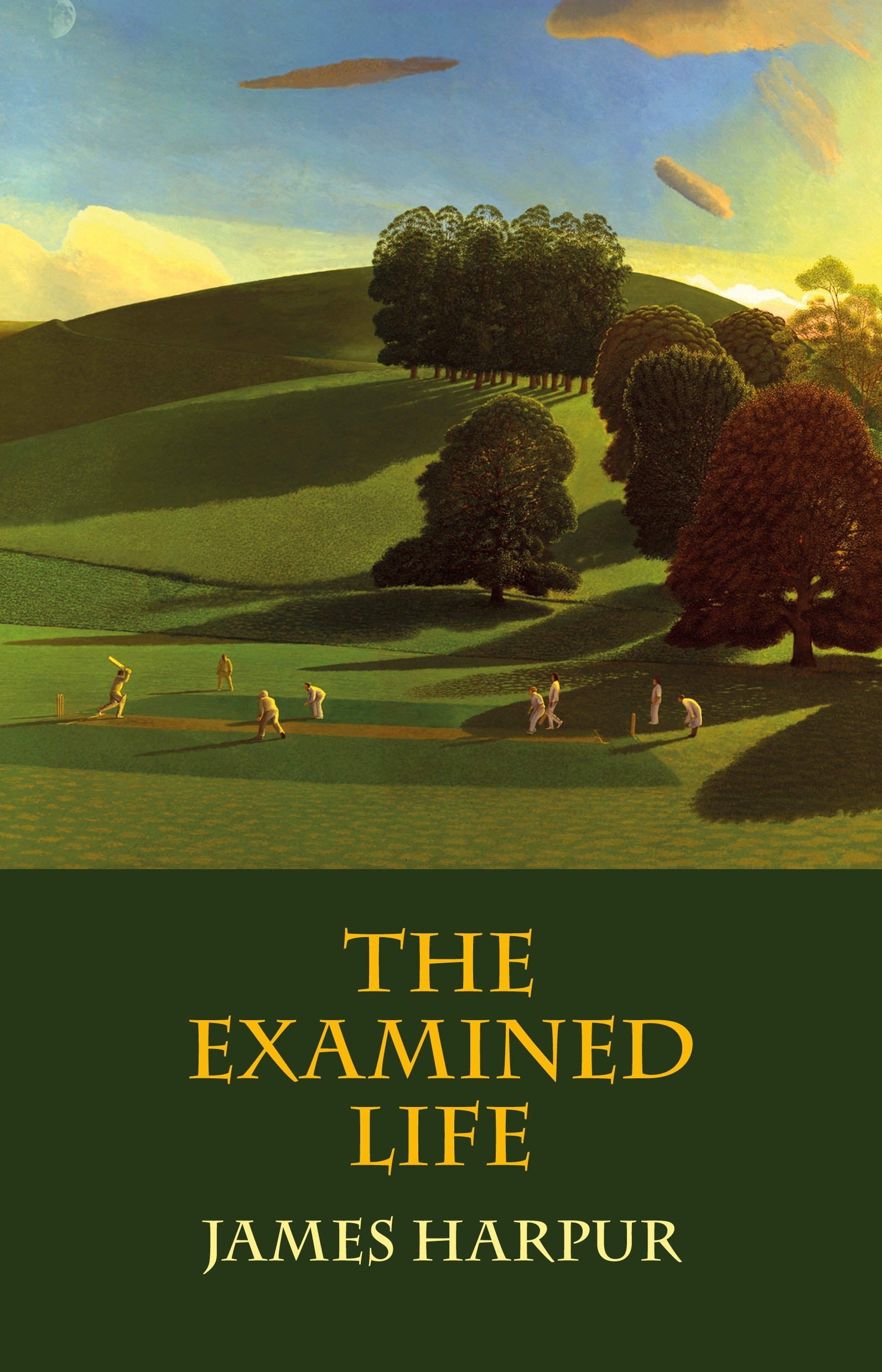James Harpur's 'The Examined Life'
James Harpur’s fine new book of poems, The Examined Life, presents us with stories from two long-gone societies - Ancient Greece, and an English boarding school in the first half of the 1970s.
The book is divided into five sections determined by the school Forms (‘The Payphone Trap’, ‘Helots’, ‘Illyria’, ‘Hermit’ and ‘Ithaca’). It charts Harpur’s progress through the school, from ‘Telemachus’, in which his mother explains that his father ‘wants to take a break from us’ to the final poem, ‘Ithaca’, in which while sitting in his final Chapel service he thinks back to that first term (seems a blink away’) and feels the same dismay at leaving his comrades as he did years ago when his parents left him behind. While we know that some pupils were traumatised by their experiences in such schools, Harpur is not one of them: his wounds are mainly caused by the separation of his parents (addressed in the first poem), and he articulates his experiences away from them with affection, humour and pleasurable skill.
This is not the world of contemporary boarding schools, with their video calls home, fast wi-fi and pizza nights. Instead, Harpur gives us images that may be familiar from prose writings, but less so in poetry. In the Junior Dormitory there are ‘Crimean beds’ and after lights-out
The moon pours in and makes things marble
And boys as peaceful as they were in wombs
Lie dreamless as dogs on medieval tombs.
In ‘The Payphone Trap’, that now-obsolete technology teases the boys with possible connection to their parents, though:
Five years I never touched that phone.
But I’d picture ours ringing in the house
my mother rushing in to answer it
me hanging up, before it was too late.
Here is the bizarre argot of a discrete community - compactum (wardrobe), toy (cubicle), razzer (blanket) - and here are are the colourful nicknames of teachers (Neggers, Squeak Dimmock, Vole Vallins) - another rich tradition that has largely faded.
This new world is initially utterly bewildering to the boy. In the early poem ‘Orientation’ he wonders where on earth is East / in this Escher-world of stairs ascend-/in stairs descending stairs, but of course eventually it becomes second nature to him. The 1970s are vividly evoked, though in this school (Cranleigh) the outer world filters through to the boys only intermittently. In ‘Plato’s Cave’ a boy returns from the ‘real world’ 70s to the protected school environment and tells of the giant disco dance of long-haired folk in pink crushed-velvet loons:
When he returned he gabbled on and craved
the world he said he’d seen beyond the cave -
where people kissed and dressed in rainbow light.
But all we knew was grey, or black and white.
They chained him up again; we shut our eyes
and blocked our ears, and felt our teens slip by.
All the things that we might expect of that boarding school life are indeed here: the tuck shop, away matches, the matron, the housemaster’s wife, the dance with girls from a nearby school (where ‘real live girls’ in party dresses / with swirly eyes inspect us all / like cases on an airport carousel). Impressively, however, they are all seen afresh, in a clear style that is particularly adept with similes and resonant endings. Most touchingly, Harpur frequently returns to his tender friendship with ‘Jonesy’, forged in their companionship in school (like beret-wearing veterans):
Conjoined, we roamed no farther than
the next meal, prep, assembly, class;
our future was a no-year plan
Years later he is Jonesy’s Best Man, and we see him helping his friend to a train in Waterloo station:
His face the level of the window glass
reminding me again is wheelchair
had claimed him as its other half.
In LXIV, ‘The Summer World’, dedicated to ‘Rob’, he tries to remember the final stretch of their school life, the days between the last exam / and the end. Did we party, or slouch / towards that unbearable freedom?
In his imaginative remembering, James Harpur has given us a lovely sequence of poems.
